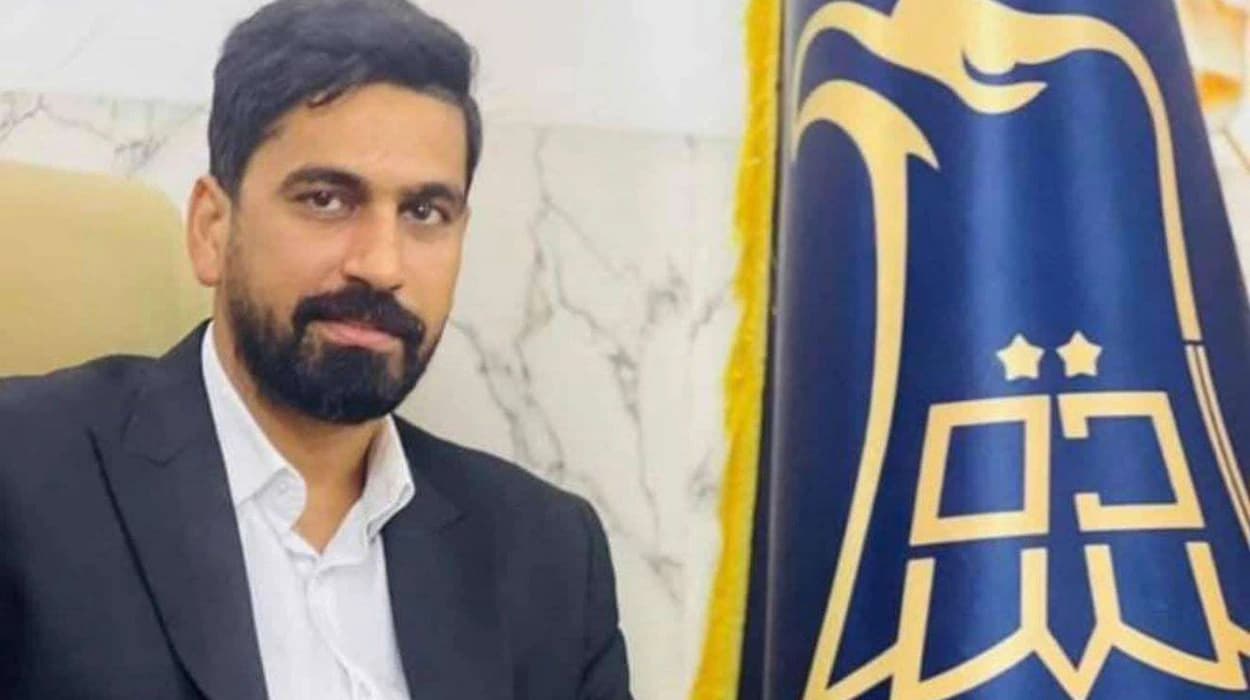Iraqi Sunni lawmaker and parliamentary candidate Safaa al-Mashhadani was
assassinated in a car bomb attack near Baghdad on October 14, 2025, in an event
marking the most high-profile political killing ahead of Iraq’s November 11
parliamentary elections. The incident has sparked widespread condemnation and
concern about escalating political violence, with a government investigation
ordered by Prime Minister Mohammed Shia Al Sudani.
The assassination of Safaa al-Mashhadani
On the early dawn of Wednesday, October 14, 2025, an
improvised explosive device detonated beneath the vehicle of Safaa
al-Mashhadani while he was travelling in Tarmiyah, a district about 40
kilometres north of Baghdad. The blast resulted in his immediate death, and
three of his bodyguards sustained serious injuries, according to a security
source who spoke anonymously to AFP as reported by French Press.
Safaa al-Mashhadani was a sitting member of the Baghdad
Provincial Council and a prominent Sunni candidate in the upcoming national
parliamentary elections scheduled for November 11, 2025. He ran as part of the
Sovereignty Alliance (also spelled al-Siyada Alliance), a major Sunni coalition
led by businessman Khamis al-Khanjar and backed by Speaker of the Iraqi
Parliament, Mahmoud al-Mashhadani.
Political significance and background
Safaa al-Mashhadani was regarded as one of Baghdad’s most
popular and influential Sunni figures, particularly known for his appeal among
young voters and his defence of Sunni community interests in a politically
fractious capital. His assassination is widely seen as the most prominent and
politically charged killing ahead of Iraq’s sixth parliamentary elections since
the 2003 US-led invasion toppled Saddam Hussein.
The election, scheduled on November 11, is highly
anticipated amid tensions among various political blocs. The ruling Shiite
parties, many aligned with neighbouring Iran, dominate Iraq’s parliament and
government. The Sovereignty Alliance, presenting itself as a Sunni protector
and voice for political balance, poses a growing threat to Shiite-led
coalitions.
Official responses and investigation
Iraqi Prime Minister Mohammed Shia Al Sudani immediately
ordered the formation of a joint forensic task force and a high-level
investigative committee to determine the perpetrators of the attack. The
Baghdad Operations Command confirmed the use of a "sticky bomb" — a
magnetic explosive device fixed under al-Mashhadani’s car — a common tactic
previously employed by militant groups in Iraq.
Parliament Speaker Mahmoud al-Mashhadani condemned the assassination, describing it as
"a cowardly terrorist act that sought to undermine the men of stance and principle"
and mourned the loss of
"one of Tarmiyah’s loyal, virtuous sons"
who dedicated himself to
justice and patriotism.
Political implications and broader concerns
The killing has sent shockwaves through Iraq’s fragile
political landscape. Analysts on Iraqi television and political commentators
see this assassination as a targeted political elimination aimed at weakening
the Sunni front prior to the elections. The attack embodies the persistent
culture of political intimidation in Iraq, where assassinations, kidnappings,
and violence frequently mark election periods.
The Sovereignty Alliance condemned the "cowardly crime," calling it an extension of tactics by
"forces of uncontrolled weapons and terrorism"
aiming to silence free national voices. The
incident has raised fears of renewed political violence and instability as Iraq
approaches polling day.
Remembering Safaa al-Mashhadani
Supporters and colleagues across social media and political circles have recalled al-Mashhadani’s outspoken stance against armed groups and his advocacy for displaced communities. Notably, he worked to assist displaced residents of Jurf Al Sakhar to return to their homes and was active both politically and socially, defending his region and country with a patriotic spirit.
Political violence has been a recurring feature in Iraq’s elections since 2003, with militant tactics like car bombs and targeted assassinations frequently employed to intimidate candidates and voters. The death of Safaa al-Mashhadani underscores ongoing security challenges and the volatility of Iraq’s political environment as it faces the November vote.
